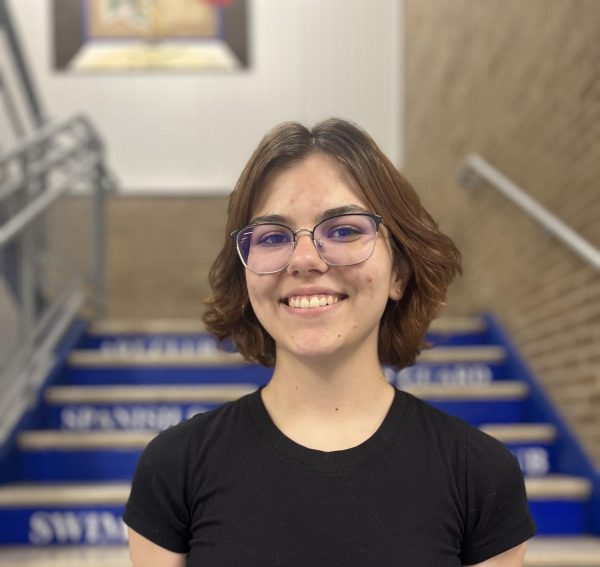Voting is a crucial civic duty of the American people. Democracy has been a pillar of American politics and society since the country’s birth, and elections are the easiest way to keep democracy alive.
However, it is not a flawless system. According to the United States Census Bureau, “in 2020, 67% of all citizens age 18 and older reported voting”, which was the highest voter turnout of the 21st century. Though this shows an increase in voter turnout, it remains that 33% of eligible voters in America did not vote; that is 80 million people.
People may choose not to vote for many reasons. They may not like the candidates, not like to involve themselves in politics, or not feel educated enough to do so. While these obstacles are understandable, voters should try their best to overcome them and exercise their right to a voice in the government; especially young voters.
In order for the government to serve the people, the officials need to know what it is the people want. With society evolving so rapidly, the common belief systems are ever changing. This means that when new voters come onto the scene, they have the potential to drastically change the outcome of an election and therefore the future of a country.
Since young voters can be so influential, it is important that they not only know what they want in a leader, but are educated on the candidates and their standings on social issues and other policies.
Common ways that potential voters educate themselves include conversations with other people, social media, and news sites. Since elections are broadly publicized, it is very easy to stay updated on the presidential race; that being said, the staff acknowledges the importance of checking sources and being mindful of possible biases or exaggerations, as well as if they have the context necessary to make a judgment based on what they are reading.
In the past few years, we have seen political misinformation all over social media; and as new voters begin research for their first election, it is crucial that they are aware of such dishonesty. Additionally, even mainstream news sites may have biases, and while that does not always make their information entirely invalid, it does call for a look into other sources as well.
While the media one consumes can influence their vote, so can the views of their peers and family members. Many young voters may feel pressured to vote for whoever those closest to them are voting for rather than taking the time to form their own opinions on the candidates.
The best way to form an opinion on any issue is through individual research and evaluation of one’s values, not word of mouth. The same goes for stances on candidates on their beliefs, policies, etc.
Most eligible voters at LZHS have taken or are currently taking a Government class, which seems to be the main source of education for young voters. Some AP Government classes, for example, showed students what a ballot looks like and explained how they can register to vote. Additionally, the Learning HUB has been giving out fliers with a QR code to the voter registry and directions on how to register to vote. Overall, the election season and voting process are not without their imperfections; however, the right to vote is not a right all people around the world have. This makes makes eligible voters educating themselves and exercising that right whenever possible all the more important.

